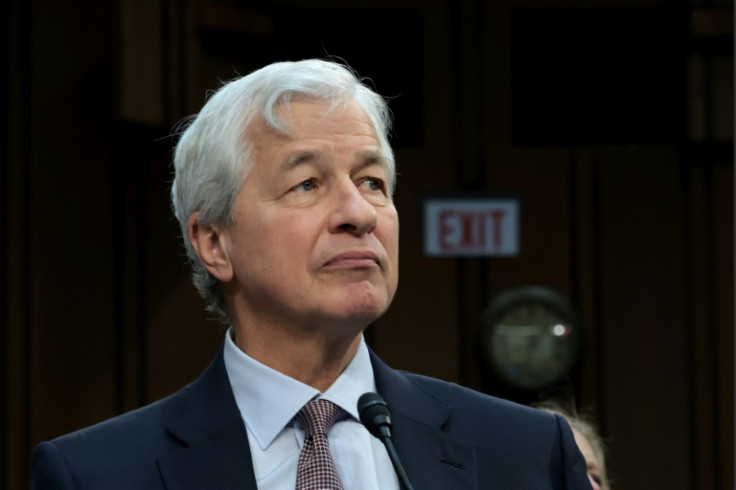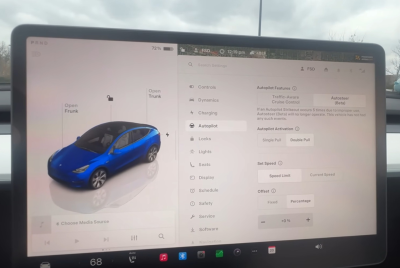JPMorgan CEO Jamie Dimon Rages at WFH Culture: 'No One's Picking Up on Fridays!'
JPMorgan's Jamie Dimon rages against remote work, mandating a full office return. Is WFH doomed?

JPMorgan Chase CEO Jamie Dimon ignited controversy in February 2025 with a viral outburst against remote work, slamming work-from-home (WFH) culture for undermining productivity and company culture.
His leaked remarks, delivered at a Columbus, Ohio town hall, targeted employees resisting the bank's five-day return-to-office (RTO) mandate, effective March 2025.
As Dimon doubles down, insisting remote work hinders innovation and mentorship, employees and experts push back, citing WFH's benefits.
Why is Dimon so opposed, and can his vision reshape corporate America?
Dimon's Fiery Crusade Against Remote Work
Jamie Dimon, leading JPMorgan since 2005, has long criticized WFH, but his February 2025 town hall remarks, leaked via Barron's, went viral for their intensity. 'And don't give me this shit that work-from-home-Friday works,' he fumed, noting, 'I call a lot of people on Fridays, and there's not a goddamn person you can get a hold of,' per Business Insider.
The mandate, affecting 30% of JPMorgan's 316,043 employees, primarily back-office and tech staff, requires a full office return by March. Dimon argued WFH slows decision-making, stifles creativity, and erodes culture, claiming, 'It's impossible to do culture that way,' per Medium.
Dimon's frustration peaked over a petition with 1,800 signatures demanding hybrid work, which he dismissed with expletives, per HRD. He later regretted cursing, saying, 'I should never curse, ever,' in a 24 February 2025 CNBC interview, but stood firm, emphasizing in-office work's benefits for mentoring and collaboration.
Supporters praised Dimon, stating, 'If you want to work from home, that's fine - you can work somewhere else. I work from home - on Saturdays and Sundays,' on X, amplifying the debate.
Employee Pushback and WFH's Defenders
JPMorgan employees, particularly younger staff, resisted the mandate, citing WFH's flexibility. A TikTok user argued, 'WFH is so much better. I have more energy from not commuting, and I'm more productive,' per Business Insider.
Critics argue Dimon overlooks WFH's benefits, like accessibility for disabled workers, with an October 2022 Economic Innovation Group report noting increased employment for disabled individuals due to remote options.
Dimon's claim that WFH harms younger workers, leaving them 'behind' without mentorship, was challenged by employees valuing work-life balance in a NDTV article. Others argue that they are more productive while working from home.
Some speculate Dimon's push reflects JPMorgan's £39 billion ($51 billion) commercial real estate exposure, though he denies financial motives, focusing on culture, per Forbes.
A Cultural Shift or Corporate Misstep?
Dimon's RTO stance aligns with leaders like Amazon's Andy Jassy, but risks alienating talent in a tight labour market. A 2025 FTI Consulting survey found 70% of hybrid or remote U.S. workers would seek new jobs if forced back full-time without pay raises, per FTI consulting.
Dimon acknowledges this, stating, 'I completely respect people that don't want to go to the office five days a week,' but insists, 'They can get a job elsewhere,' per Business Insider. He claims 10% of JPMorgan's jobs, like Baltimore call centres, remain fully remote, showing selective flexibility.
The debate tests corporate America's future. Will Dimon's vision of in-person collaboration prevail, or will WFH's flexibility endure?
As JPMorgan enforces its mandate, the outcome could redefine work culture, productivity, and employee retention in 2025 and beyond.
© Copyright IBTimes 2025. All rights reserved.





















